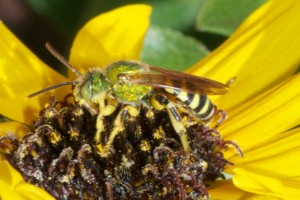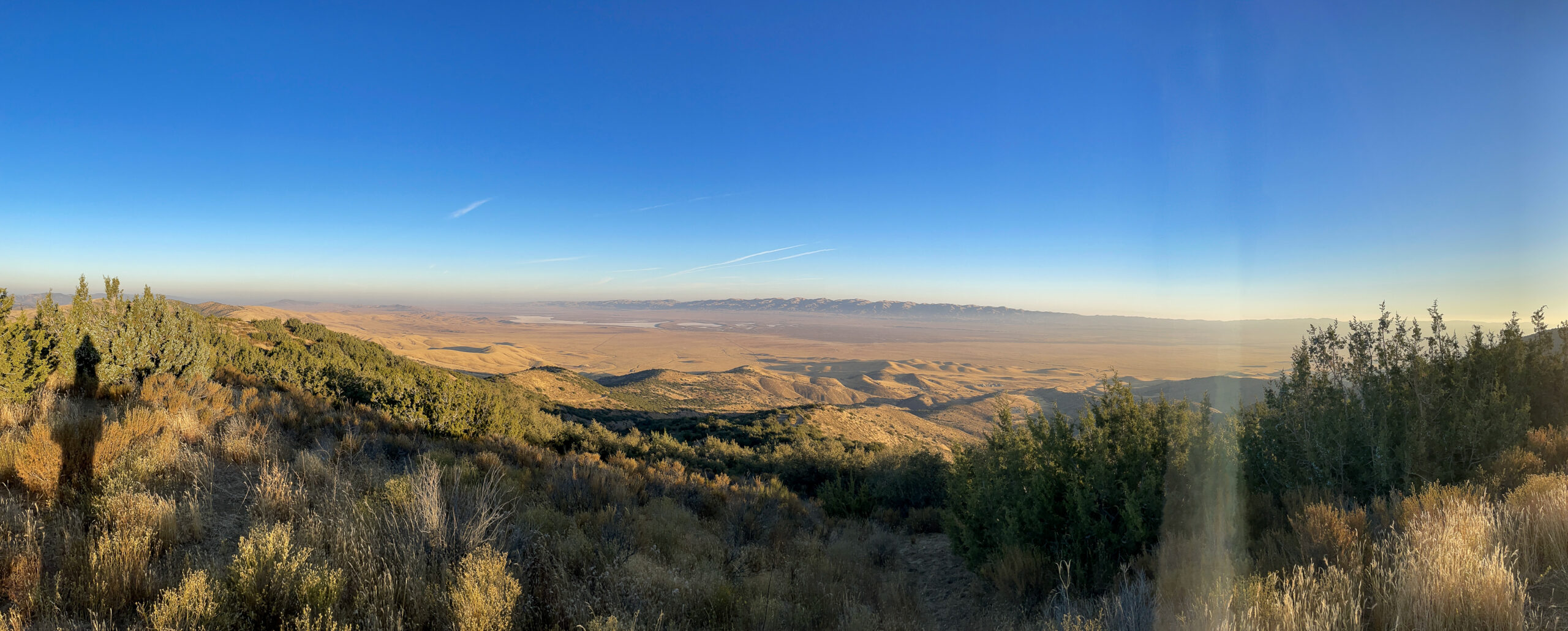I’m on the email list for the US Fish and Wildlife Service, and every now and then they send around something that I think is worth sharing with everyone. Here’s an instance today:
National Pollinator Week Encourages Everyone to “Bee” Good to Pollinators. Learn what you can do to help the birds and the bees (the bats, butterflies and beetles too!).
“Without pollinators, life on Earth would be scarcely recognizable. We depend on these amazing insects and animals for the clothes we wear, the houses we live in and the food we eat,” said Fish and Wildlife Service Director Dan Ashe. “Every American should be concerned about alarming declines in our nation’s pollinators, but fortunately everyone can pitch in to help them.”
Pollinators are essential to agriculture and forestry, pollinating more than 150 different kinds of fruits, vegetables and nuts that provide a third of the nation’s food and beverages. In the United States alone, pollinators enable people to produce about $20 billion worth of products every year. In addition, more than 75 percent of flowering plants are animal pollinated. These plants provide habitat, food, and shelter for many species of wildlife. Most plants need pollinators to reproduce, and use nectar to attract them. Animals visit flowers in search of food and sometimes even mates, shelter and nest-building materials. Some animals, such as many bees, intentionally collect pollen, while others, such as many butterflies and birds, move pollen incidentally because the pollen sticks on their body while they are collecting nectar from the flowers. All of these animals are considered pollinators.
A study of the status of pollinators in North America by the National Academy of Sciences found that populations of honeybees (which are not native to North America) and some wild pollinators are declining. Declines in pollinators may be a result of habitat loss and degradation, and disease (introduced parasites and pathogens). The celebration of National Pollinator Week began in 2007 with Senate Resolution 580 and a proclamation from the Secretary of Agriculture. This recognition has grown each year since, with Secretary of the Interior Ken Salazar and a majority of the nation’s governors joining Secretary of Agriculture Tom Vilsack in issuing their own proclamations this year.
The Service and its partners will celebrate National Pollinator Week with educational awareness events and conservation projects. To find a Pollinator Week Event near you, visit http://pollinator.org/npw_events.htm
You can help pollinators by:
- Reducing your impact. Reduce your pesticide use, increase greens paces, and reduce your carbon footprint. Pollution and climate change affect pollinators, too!
- Planting for pollinators. Create pollinator-friendly habitat with native flowering plants that supply pollinators with nectar, pollen, and homes.
- Telling a friend. Educate your neighbors, schools, and community groups about the importance of pollinators. Host a dinner, a pollinated food cook-off or other event and invite your friends.
For additional information on pollinators and what you can do to help them, visit http://www.fws.gov/pollinators. You can also download a free ecoregional guide online at www.pollinator.org that will help you determine the kinds of pollinator-friendly plants you can plant in your area.
Here’s a native pollinator from my front yard:

